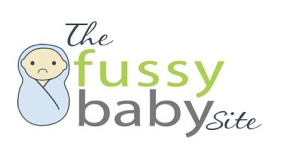Colic and Postpartum Depression
A Strong Link between Infant Fussiness and Depression
While rarely talked about, it’s no surprise that infant fussiness and postpartum depression are linked. In fact, a 2005 study done by Brown Medical School shows a clear link between fussiness, or ‘colic’, and depression. In the study of 93 mothers of colicky babies, 45% reported having moderate to severe symptoms of depression.
If you’ve had an inconsolable or colicky baby, this is likely not hard for you to believe. As a parent, you think you’re supposed to be able to know what your baby wants and needs. Not only that, but you’re supposed to know how to fix it. And if you’re not able to find a direct cause for your baby’s crying or screaming, you may feel like you’ve failed at the biggest responsibility that’s ever been given to you – being a parent.
If you feel like you’re having trouble coping, the best thing you can do for yourself and your family is to ask for some help. Maybe all you need is to have someone come step in and watch your baby for a little while (consider hiring a postpartum doula, who is experienced with colicky babies).
If you’ve had thoughts of harming yourself or your child, even if only to ‘get a break from the crying’, call your local postpartum support society, your family doctor, or a counselor. These types of intrusive thoughts are very normal, but should be a warning sign to you that you need to get some support.
Please also be sure to visit our Facebook group to meet other parents dealing with Postpartum Depression or anxiety.
Other Posts You May Like
The Aftermath of Colic: Are You ‘Over It’?
Colic and Postpartum Depression
Best Products for Fussy Babies
50+ Best Toys & Products for Spirited Kids, 0-5: Christmas Gift Guide
“Why are You So Tired?”: Here’s Why New Moms Are Walking Zombies
